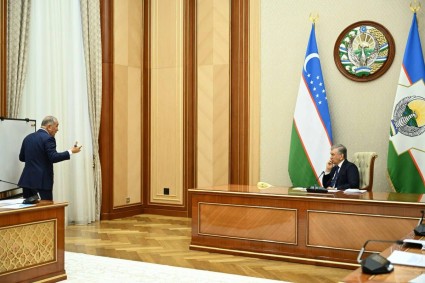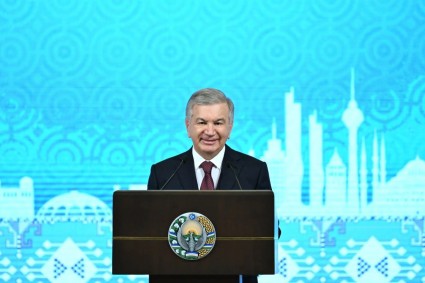Starting from June 1, 2017, Uzbekistan’s Supreme Court and the Supreme Economic Court will be merged into one supreme judicial authority for civil, criminal, administrative and economic justice - the Supreme Court of Uzbekistan.
This is provided for by the Feb. 21 Presidential decree on "On measures to fundamentally improve the structure and raising efficiency of Uzbekistan's judicial system".
According to the decree, the presence of two supreme judicial authorities in the country has led to duplication of management functions and has failed to provide a common jurisprudence. In addition, the inclusion of the judges of military courts into the Armed Forces, and the procedure of logistical and financial support of the general jurisdiction courts by the Ministry of Justice do not comply with the principle of division of powers.
The current structure and staffing level of the court system does not provide a rational workload distribution, which requires optimization to meet modern standards, it is emphasized in the decree.
The decree provides for a system of administrative courts to ensure reliable judicial protection of rights, freedoms and legitimate interests of citizens and businesses, the implementation of the constitutional norm on rendering administrative justice, as well as improving the legal culture of the population.
Thus, administrative courts of Karakalpakstan, provinces and Tashkent city shall be formed, as well as district and city administrative courts, which will consider administrative disputes arising from public-legal relations, as well as cases on administrative offenses.
The Judicial Collegium for administrative cases of the Supreme Court shall be create and the Military Collegium under the Supreme Court will be abolished.
Posts of a senior assistant and assistant judge will be introduced into the structure of courts, and the position of clerk of court will be abolished.
The decree foresees the formation of the Supreme Judicial Council of Uzbekistan, a body of judicial community, which will assist in ensuring compliance with the constitutional principle of independence of the judiciary, with the abolition of the Higher Qualification Commission under the President for selection and recommendation of judges.
Chairman of the Board will be approved by the Senate on the proposal of the President, 11 members of the board - by the President from among the judges on the proposal of the Chairman (with keeping the status of a judge), 9 members - by the President from among the representatives of law enforcement agencies, civil society institutions and highly qualified legal specialists.
The Research center for democratization and liberalization of judicial legislation and ensuring independence of the judiciary at the Supreme Court shall be converted into a Research center for the study of justice issues at the Supreme Judiciary Council.














